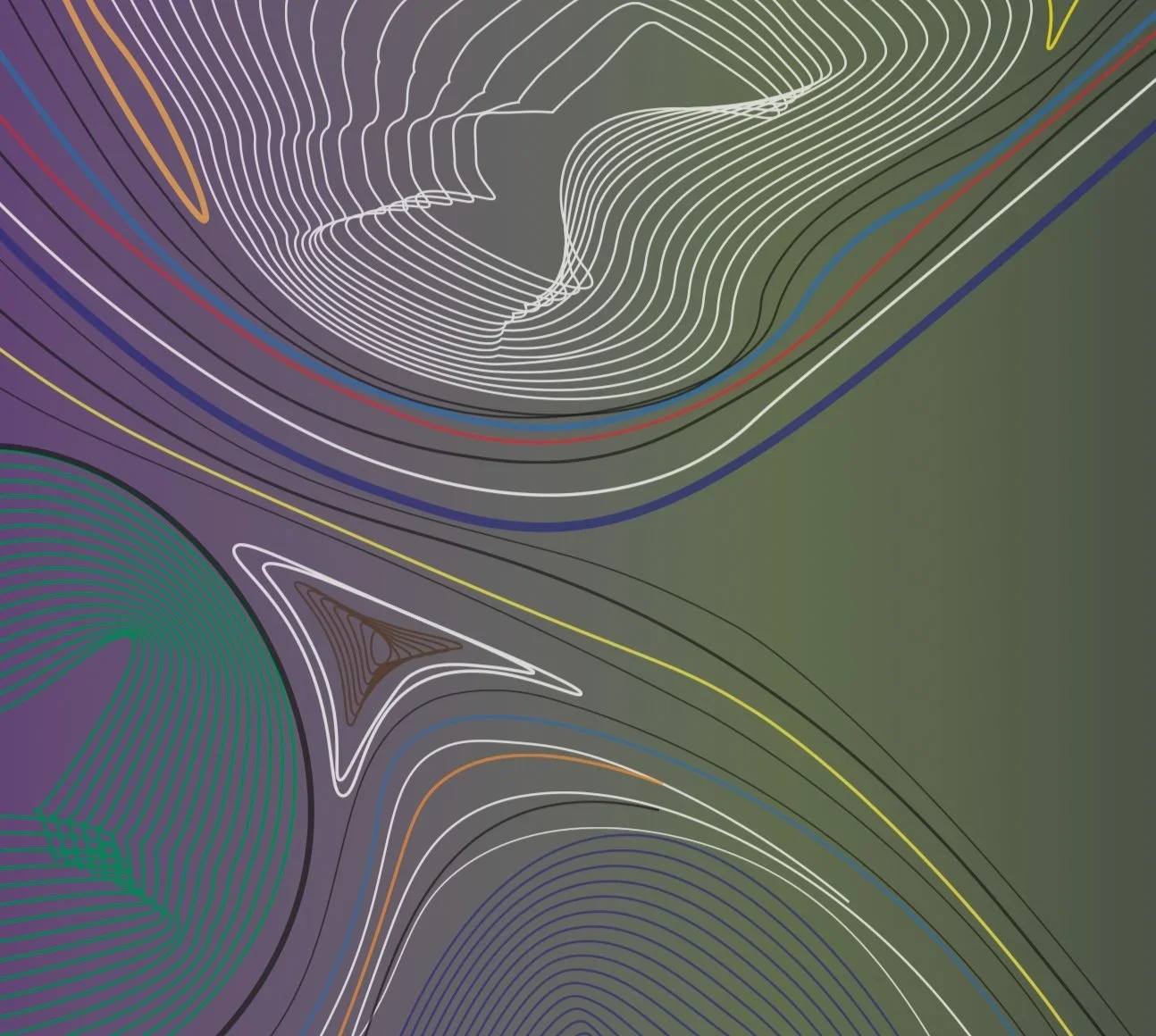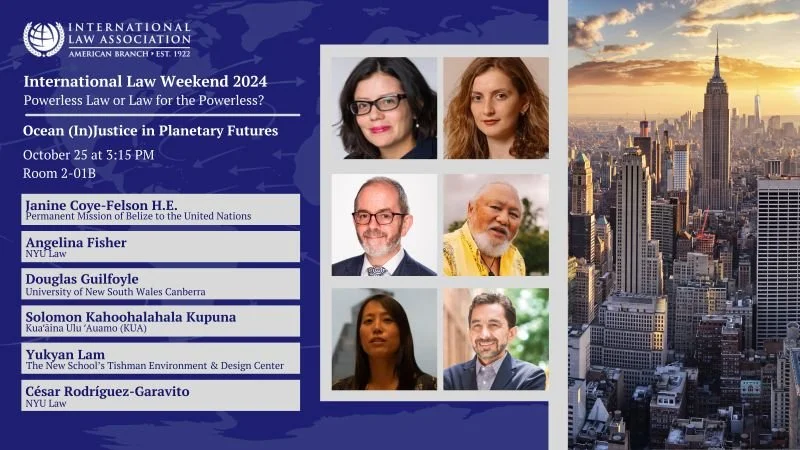Planetary Futures
Planetary awareness -- of the Earth's physical systems as well as their histories and relations to near and distant space -- has become central to thought and action about current and future human activities and their proper regulation. Existing capacities of 'national' law-making and self-government, 'international' legal coordination and alignment on extra-national spaces and effects, and 'global' management of flows, can be mobilized and oriented toward 'planetary' futures. Law is much involved in enabling exploitation and excess, and also in exploration and innovation -- but it can also be a means for setting and enforcing guides and limits. Laws and institutions are being built to respond -- in fragmented ways -- to emergent risks from human impacts on the earth's climate, oceans, bio-systems, atmosphere, bio-geochemical cycles, and near space, and to human productions ranging from nuclear energy to plastics.
This project joins in efforts to rethink laws and institutions from multiple perspectives on planetary futures. It engages with scholars in anthropology, history, earths systems and space sciences, economics, and politics. The plurality of perspectives in this project brings work on international order; planetary data and modeling; oceans and space law; environmental law particularly with regard to planetary interventions; planning; the 'more than human rights' (MOTH) project, which also engages 'post-human' work among humanities scholars; participation of scholars in and from a range of developing countries; and an intensive focus on justice and distributive questions at different scales.
The project undertakes its own and collaborative research; teaches a weekly colloquium at NYU; convenes workshops in different countries; works with NYU Global sites; and organizes of co-sponsors major conferences.
This project is based in the Guarini Institute for Global Legal Studies at NYU Law School, and conducted jointly with NYU Law's: Guarini Global Law & Tech, Guarini Center on Environmental, Energy & Land Use Law, Center for Human Rights and Global Justice, Institute for International Law and Justice.
-
Earth and Space are viewed separately in many juridical structures, but in an integrated way in this project. Space infrastructures related to Earthare intensifying quickly, including observation satellites, GNSS, space telescopes, data relay and communication satellites. We investigate how space and earth governance now interact -- or might in future -- beyond the conventional division of the two domains. We launched a weekly NYU Law Space & Planetary Colloquium in Fall 2023, led by Professors Benedict Kingsbury and Katrina Wyman. More information on the first iteration of the colloquium, see link. The second iteration is Spring 2025.
-
Scientific knowledge generation has been, if not the only factor, the dominant force behind the discovery of global environmental crises like ozone depletion and climate change. This branch of the planetary project explores climate and earth system modeling as a form of governance, with the lens of knowledge, power and representation.
-
As the awareness of planetary emergency has grown, a variety of responses to those impacts have been raised. Human efforts start to “intervene“ the process of planetary change induced by human beings as a planetary force. Such intervention can be either technologically oriented, such as geo-engineering, and can also be policy oriented, such as policy-driven energy transition.
Law and governance issues are involved -- sometimes fundamentally -- at all levels in the consideration, organization, or prohibition of such interventions. They are also significant in the articulation of rights and justice agendas and legal claims relating to planetary life and futures. NYU Law Professor Cesar Rodriguez-Garavito leads a multidisciplinary team of scholars and advocates working in this area together with law students, including the Climate Litigation Accelerator (CLX) for litigating the climate emergency, as well as the More Than Human Rights (MOTH) Project for thinking planetary futures that sustains all beings.
























